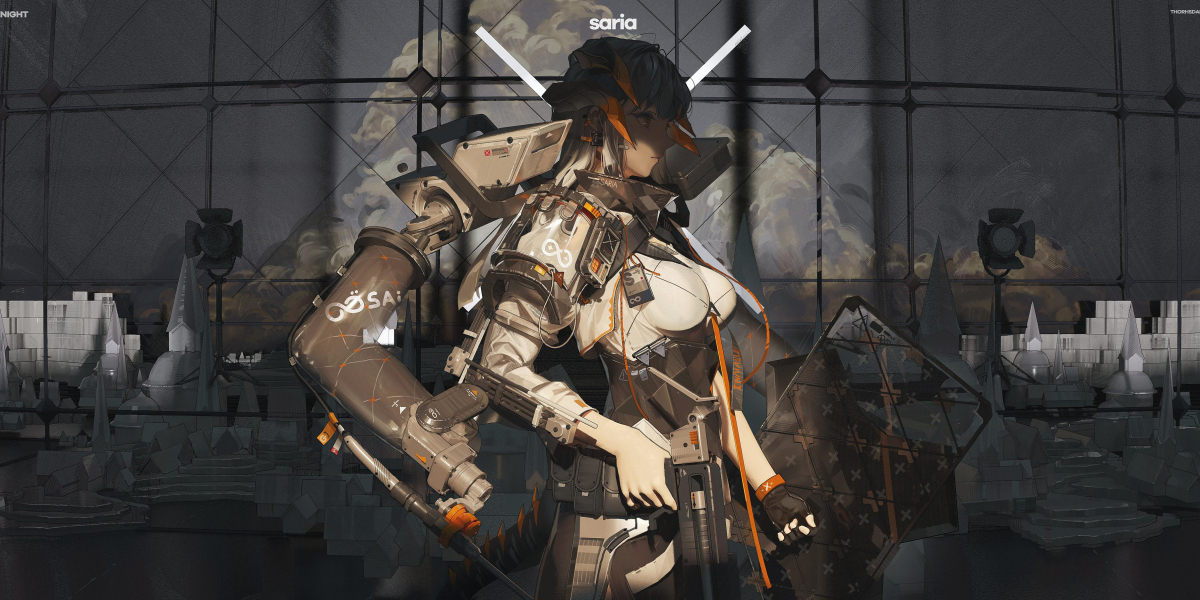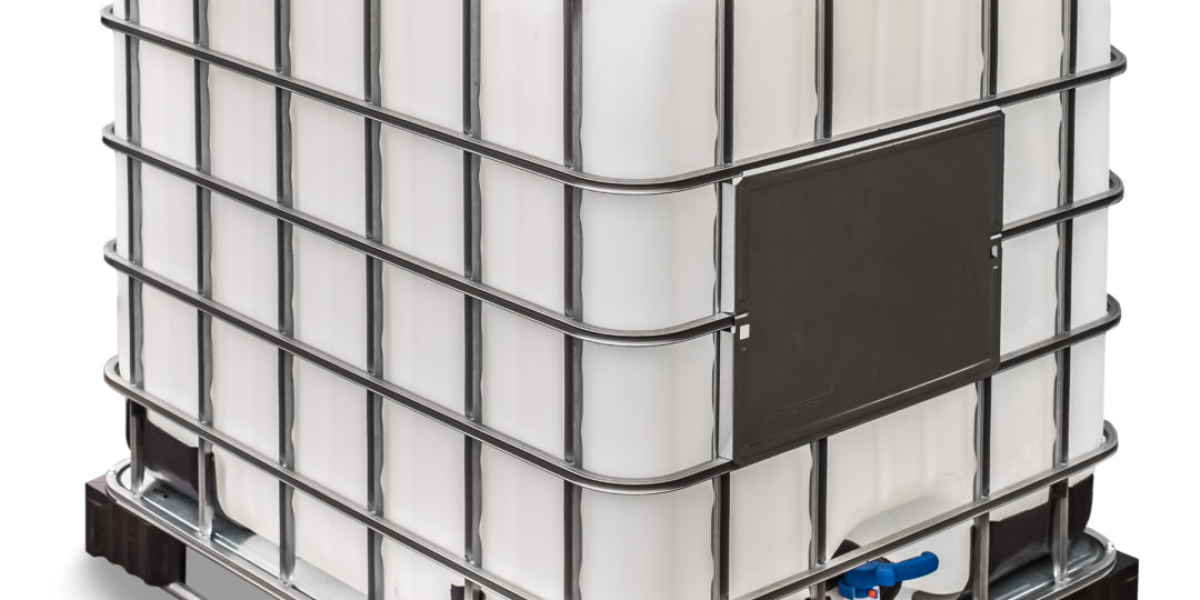Uncover the Secrets of Mesmerizing Quilts: Designs, Materials, and Beyond!
In recent years, the art of quilting has evolved into a stunning form of personal expression and home decor. Cool quilts have transcended their traditional roles, becoming not only functional pieces but also eye-catching artworks that can transform a space. Whether draped over a couch, hung on a wall, or used as a cozy throw on a chilly night, each quilt tells a story through its unique designs and materials. The growing popularity of quilts can be attributed to their versatility and the way they blend craftsmanship with aesthetics, making them a staple in modern homes. From intricate patterns to bold colors, the significance of designs and materials used in quilting cannot be overstated. Let’s delve deeper into the world of cool quilts and explore their various types, materials, and uses.
Exploring the Types of Cool Quilts
Quilting is a diverse craft, and various types of cool quilts have emerged over time, each with its own set of characteristics and charm. Among the most popular are patchwork quilts, modern quilts, traditional quilts, and art quilts. Patchwork quilts are renowned for their eclectic designs, often showcasing an array of fabrics stitched together in a mosaic fashion. Modern quilts embrace clean lines and striking colors, breaking away from traditional norms. Traditional quilts often reflect cultural heritage with their classic patterns passed down through generations. Lastly, art quilts push the boundaries of quilting into the realm of fine art, where the quilt itself becomes a canvas for expression. Each type offers a unique glimpse into the creativity and craftsmanship of quilters.
Patchwork Quilts
Patchwork quilts have a rich history rooted in resourcefulness and creativity. These quilts are made by sewing together various fabric pieces, creating intricate patterns that often reflect personal stories or historical contexts. Techniques such as the log cabin, nine-patch, and drunkard's path exemplify the diversity within patchwork quilting. Friends who quilt often share anecdotes about their first patchwork projects, recalling the thrill of selecting fabrics from their scrap bins and the joy of piecing them together. The beauty of patchwork lies in its ability to transform remnants into a cohesive work of art, making each quilt unique and full of character.
Modern Quilts
Modern quilting has taken the quilting world by storm, characterized by bold colors, geometric shapes, and innovative designs. This contemporary approach often incorporates negative space and asymmetrical layouts, giving quilts a fresh and dynamic feel. Modern quilters are known for their adventurous spirits, frequently experimenting with color palettes that challenge traditional norms. I remember visiting a friend's home, where her modern quilt hung proudly on the wall, a vibrant explosion of colors that sparked conversation and admiration from everyone who entered. Modern quilts not only serve as comfort items but also as striking visual statements.
Traditional Quilts
Traditional quilts reflect the rich tapestry of cultural history, with patterns and designs that have stood the test of time. Patterns such as the Double Wedding Ring and the Bear Paw carry significant cultural symbolism and are often associated with specific regions or communities. The techniques involved in creating these quilts, like hand-piecing and hand-quilting, require a high level of skill and dedication, often taking months or even years to complete. Friends who have inherited traditional quilts often share stories of family gatherings where these quilts were lovingly crafted, infusing each stitch with memories and love. They serve not only as functional items but as treasured heirlooms that connect generations.
Art Quilts
Art quilts elevate quilting to a new level of creativity, where the notion of a quilt as mere bedding is transformed into an expressive art form. Artists who create art quilts often draw inspiration from various sources, including nature, abstract concepts, and personal experiences. Techniques can vary widely, incorporating elements like dyeing, painting, or even mixed media. Attending a quilt show with a friend, I was captivated by an art quilt that depicted a serene landscape, using color gradients to evoke emotion. Art quilts invite viewers to appreciate the intricate craftsmanship while engaging with the deeper narrative behind each piece.
Materials Used in Cool Quilts
When it comes to quilting, the choice of materials plays a pivotal role in the quilt's overall look, feel, and functionality. The most commonly used material is cotton, favored for its softness, durability, and ease of care. Cotton blends can offer added benefits like wrinkle resistance, making them a popular choice among modern quilters. Wool is another excellent option, known for its warmth and luxurious texture, although it can be more challenging to work with. Specialty fabrics, such as minky or batik, add unique textures and vibrant colors to quilts, allowing for creative experimentation. Each material has its advantages and disadvantages, impacting both the quilt's aesthetic and its practical use. Friends who quilt often have passionate discussions about their favorite materials, sharing tips on how to work with them effectively.
Functional and Aesthetic Uses of Quilts
Quilts are incredibly versatile, serving numerous purposes beyond their traditional role as bed coverings. They can be used as decorative throws, wall hangings, or even picnic blankets, adding a touch of warmth and personality to any space. Many people gift quilts for special occasions, infusing them with love and sentimentality. In addition to their aesthetic appeal, quilts offer practical benefits, providing warmth and comfort during colder months. Friends often reminisce about snuggling under a handmade quilt during family movie nights or chilly camping trips, illustrating the deep emotional connections people have with these cozy creations.
The Artistry and Functionality of Cool Quilts
Cool quilts encapsulate the perfect blend of functionality and artistry, making them a significant aspect of both home decor and personal expression. Their diverse types and materials cater to a wide range of tastes and preferences, inviting everyone to explore the world of quilting. Whether you are considering making your own quilt or purchasing one that resonates with your style, the beauty and craftsmanship of cool quilts will undoubtedly enhance your living space while creating cherished memories. So go ahead, dive into the enchanting world of quilts and discover the perfect piece that speaks to your heart!








